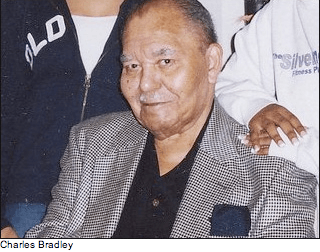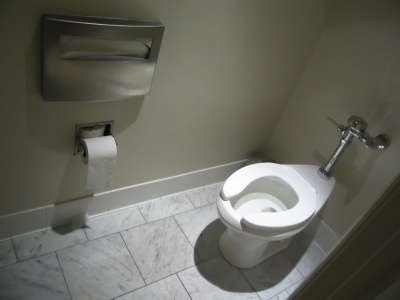Search
Lawsuit Claims Nursing Home’s Failure To Provide Medical Care For Cancer Patient Contributed To Death
 The family of Charles Bradley has flied a wrongful death lawsuit against Everett Care & Rehabilitation and the parent company Sunbridge Healthcare Corp. for failing to take any action when the facility became aware that the skin around Mr. Bradley’s penis was ‘breaking down’. The lawsuit further alleges the that facility’s failure to provide medical attention resulted in the advancement of penile cancer that contributed to Mr. Bradley’s death.
The family of Charles Bradley has flied a wrongful death lawsuit against Everett Care & Rehabilitation and the parent company Sunbridge Healthcare Corp. for failing to take any action when the facility became aware that the skin around Mr. Bradley’s penis was ‘breaking down’. The lawsuit further alleges the that facility’s failure to provide medical attention resulted in the advancement of penile cancer that contributed to Mr. Bradley’s death.
According to the allegations in the lawsuit, staff at Everett Care documented the skin around Mr. Bradley’s penis was ‘breaking down’ while changing his diaper in November, 2007. Despite the staff’s awareness of the skin issues, neither Mr. Bradley’s physician or family was advised of his deteriorating medical condition.
Five months later and by the time Mr. Bradley’s genitals had essentially ‘broken down’, the staff at Everett sent Mr. Bradley to Providence Medical Center where he was treated for a variety ailments including undiagnosed penile cancer.
 Nursing Home Law News
Nursing Home Law News




